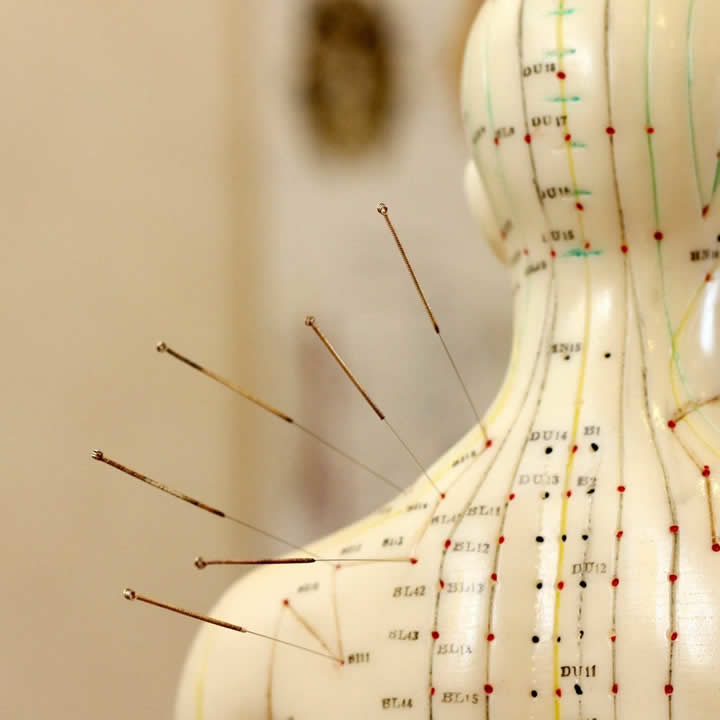Traditional Chinese Medicine is thousands of years old and little has changed in its techniques over the centuries. Despite the rapid advancements in modern medicine and the adaption of many new kinds of medicines, the techniques used in Chinese medicine have really stood the test of time. So what is it and how does it work? Let’s answer both questions.
What is Chinese medicine?
The basic theory centres on the idea that a fundamental force of life, called Qi, flows through the body through meridians (or canals) and its purpose is to keep a person’s emotional, physical, mental, and spiritual health in balance. Any imbalance in the level of Qi can lead to illness and disease. Practitioners take a holistic approach to treatment and the different techniques can be used to treat a wide range of different illnesses including IBS, infertility, neuropathy, depression, stress, arthritis and pain. Some of the most common treatments include acupuncture, tui na massage, moxibustion, Chinese herbs, cupping/scraping and TCM nutrition.
The Belief That Everything Is Connected
Chinese doctors operate with the belief that everything in the human body is connected. They believe the body is connected to the mind and focusing on a person’s health as a whole is the only way to get to the root cause of sickness. There are many techniques a doctor uses to make a diagnosis, even without the use of medical equipment.
The ‘tongue diagnosis’ is probably the most popular of all these techniques. TCM doctors believe that certain parts of the tongue are connected to different parts of the body. For example; the back third of the tongue is connected to the kidneys, large intestines and the bladder. If this section of the tongue looks unhealthy, there is most likely a problem with one or some of those organs. Using this technique is a safe and effective way of pinpointing the root cause of a person’s health problems.
TCM Treatments
After diagnosis, your CM doctor may suggest a mix of different treatments. These can include changes in diet, herbal remedies, a change in sleeping patterns, acupuncture, more exercise and different kinds of massages. Acupuncture is probably the most common type of treatment as it’s extremely effective for helping with ulcers, hay fever, deafness, labour pain, dental issues, neck pain and lower back pain. It can be also used to effectively treat osteoarthritis, headaches, and a wide range of other neurologic and musculoskeletal disorders. Acupuncture is the practice of inserting thin, solid, metallic needles into the body. These needles are then stimulated through electrical currents or by precise movements of the practitioner’s hands.
Is CM effective?
There are many questions about Chinese Medicine and its effectiveness and safety. The truth remains, however, that if it is not effective, it would not have lasted thousands of years. There is much work still being done to understand CM treatments and the power of Qi but studies suggest that the future is exciting. More evidence is mounting on the side that TCM is both safe and effective for the treatment of many illnesses and diseases.

